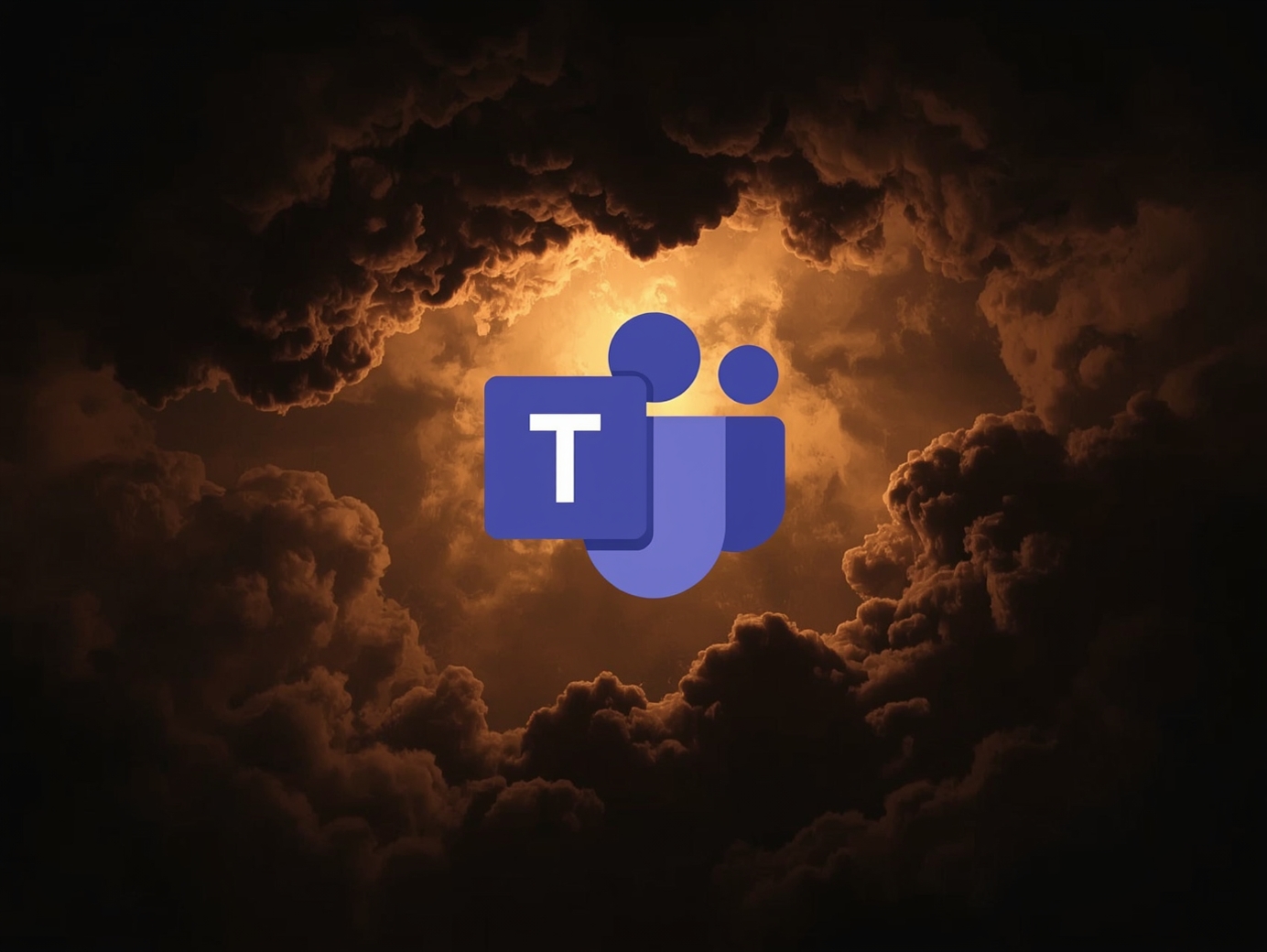
Gli esperti di sicurezza informatica hanno reso pubbliche quattro vulnerabilità presenti in Microsoft Teams, che avrebbero permesso a malintenzionati di condurre pericolosi attacchi di ingegneria sociale e impersonificazione contro gli utenti.
Con poche parole, tali lacune permettono di alterare il contenuto del messaggio senza che l’etichetta ‘Modificato‘ e l’identità del mittente siano visibili, e di modificare le notifiche in arrivo in modo da cambiare il mittente apparente del messaggio.
Ciò consente a un aggressore di indurre le vittime ad aprire messaggi dannosi, facendo apparire questi ultimi come se provenissero da una fonte attendibile, ad esempio dirigenti di alto livello.
Microsoft, in un avviso pubblicato il mese scorso, ha affermato che “le ampie funzionalità di collaborazione e l’adozione globale di Microsoft Teams lo rendono un obiettivo di alto valore sia per i criminali informatici che per gli attori sponsorizzati dallo Stato” e che le sue funzionalità di messaggistica (chat), chiamate e riunioni, nonché di condivisione dello schermo basata su video, vengono utilizzate come armi in diverse fasi della catena di attacco.
In seguito alla divulgazione responsabile di marzo 2024, alcuni problemi sono stati risolti da Microsoft nell’agosto 2024 con l’identificativo CVE CVE-2024-38197, con patch successive distribuite a settembre 2024 e ottobre 2025.
Un’azione ostile, che coinvolge sia utenti esterni non autorizzati sia individui malintenzionati all’interno dell’organizzazione, comporta serie minacce, in quanto compromette le barriere di sicurezza e permette ai possibili obiettivi di compiere operazioni non volute, ad esempio, cliccare su collegamenti pericolosi ricevuti tramite messaggi o diffondere informazioni sensibili.
Le vulnerabilità riscontrate hanno inoltre permesso di alterare i nomi mostrati nelle discussioni private di chat, semplicemente cambiando l’argomento della conversazione, e di cambiare a piacimento i nomi visualizzati durante le notifiche delle chiamate e nella chiamata stessa, in tal modo un attaccante poteva dissimulare la propria identità durante le chiamate.
I risultati emergono mentre gli autori delle minacce stanno abusando della piattaforma di comunicazione aziendale di Microsoft in vari modi, tra cui avvicinandosi ai bersagli e convincendoli a concedere l’accesso remoto o a eseguire un payload dannoso fingendosi personale di supporto.
Ti è piaciuto questo articolo? Ne stiamo discutendo nella nostra Community su LinkedIn, Facebook e Instagram. Seguici anche su Google News, per ricevere aggiornamenti quotidiani sulla sicurezza informatica o Scrivici se desideri segnalarci notizie, approfondimenti o contributi da pubblicare.

 Innovazione
InnovazioneL’evoluzione dell’Intelligenza Artificiale ha superato una nuova, inquietante frontiera. Se fino a ieri parlavamo di algoritmi confinati dietro uno schermo, oggi ci troviamo di fronte al concetto di “Meatspace Layer”: un’infrastruttura dove le macchine non…
 Cybercrime
CybercrimeNegli ultimi anni, la sicurezza delle reti ha affrontato minacce sempre più sofisticate, capaci di aggirare le difese tradizionali e di penetrare negli strati più profondi delle infrastrutture. Un’analisi recente ha portato alla luce uno…
 Vulnerabilità
VulnerabilitàNegli ultimi tempi, la piattaforma di automazione n8n sta affrontando una serie crescente di bug di sicurezza. n8n è una piattaforma di automazione che trasforma task complessi in operazioni semplici e veloci. Con pochi click…
 Innovazione
InnovazioneArticolo scritto con la collaborazione di Giovanni Pollola. Per anni, “IA a bordo dei satelliti” serviva soprattutto a “ripulire” i dati: meno rumore nelle immagini e nei dati acquisiti attraverso i vari payload multisensoriali, meno…
 Cyber Italia
Cyber ItaliaNegli ultimi giorni è stato segnalato un preoccupante aumento di truffe diffuse tramite WhatsApp dal CERT-AGID. I messaggi arrivano apparentemente da contatti conosciuti e richiedono urgentemente denaro, spesso per emergenze come spese mediche improvvise. La…